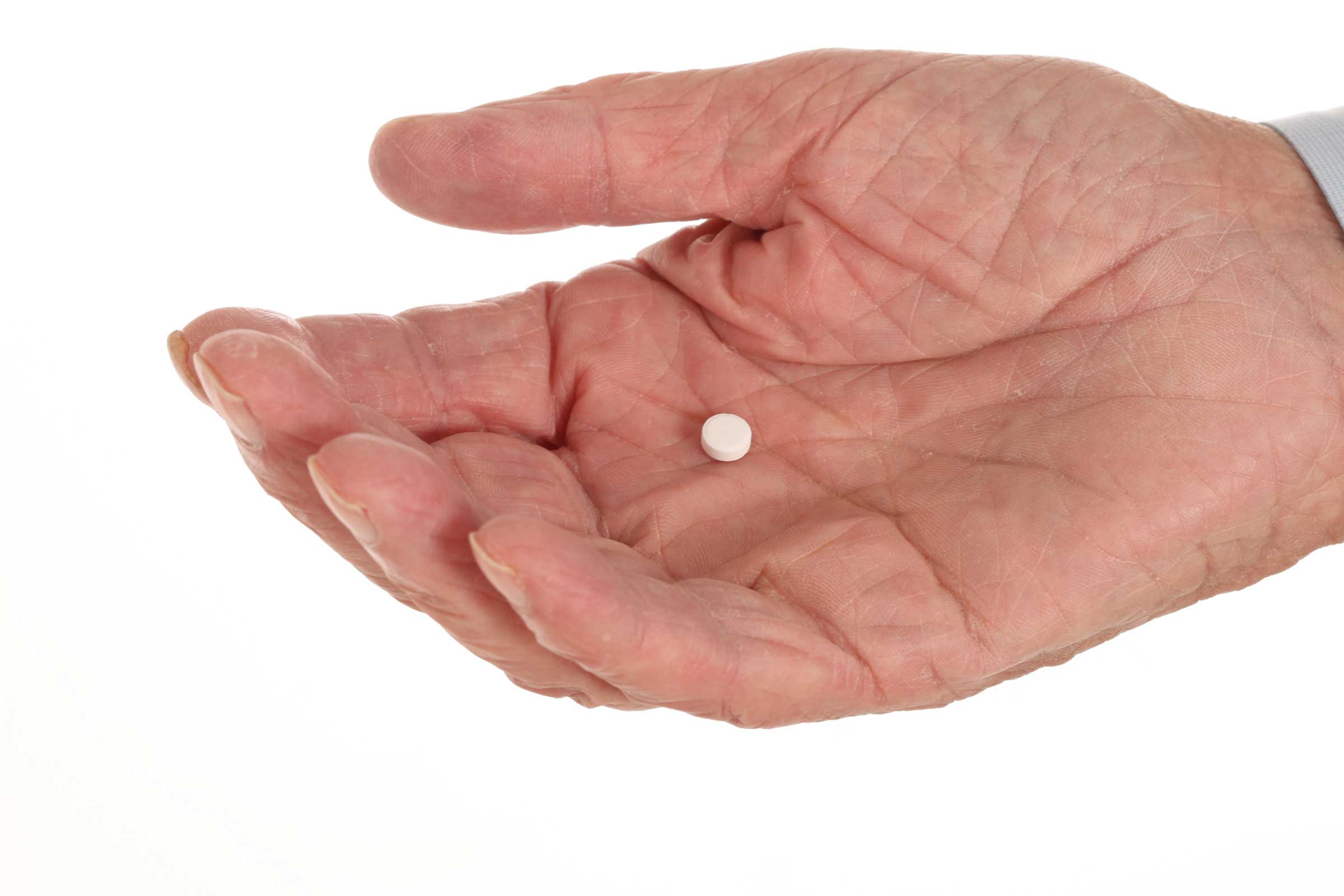And finally…
One other suggestion… if a heart attack does occur, the sooner aspirin is given the better (see references 6-8). This is why Ambulance men and Paramedics usually give aspirin to a patient for whom an ambulance has been called because of sudden severe chest pain. It has therefore been suggested that older people should always carry an aspirin tablet……..
A clever little container has been produced for carrying two tablets of aspirin.
Do google ‘ASPOD’ to see this.
And finally… if you do take aspirin regularly, do not suddenly stop taking it. Research has shown that if aspirin is suddenly withdrawn, the risk of a heart attach is increased about three-fold (see references 9.10).
Pregnant women are another group of people who should seek advice before taking aspirin. In some circumstances, aspirin can be beneficial in pregnancy but this should only occur under the direction of a qualified healthcare professional. If you do decide to take aspirin, as with all medicines read the product information first.
